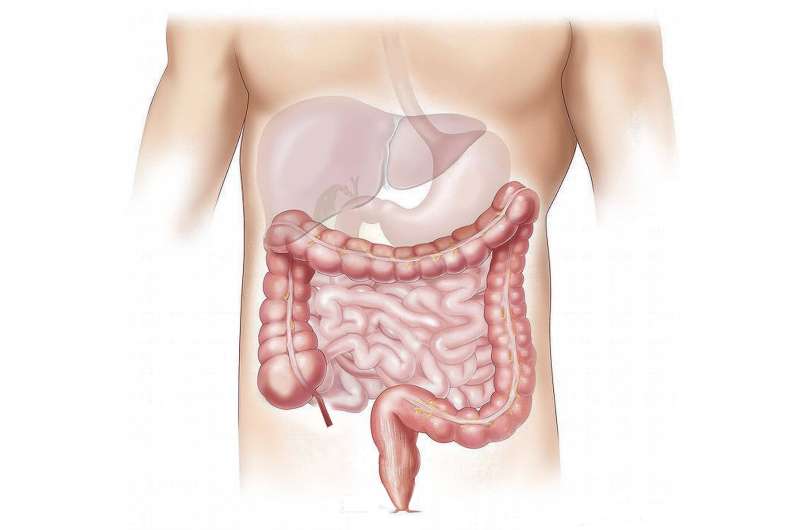Impact of Care Limitations on COVID-19 Mortality During Four Pandemic Waves

This study examines how care limitations affected COVID-19 mortality across four epidemic waves in Catalonia, highlighting improvements in patient outcomes over time and the impact of vaccination coverage.
A recent study conducted by researchers at the Germans Trias i Pujol Research Institute (IGTP) has shed light on how different levels of in-hospital care, known as the ceiling of care, influenced COVID-19 patient outcomes across four distinct epidemic waves in Catalonia. The investigation analyzed data from 5,813 hospitalized COVID-19 patients across five tertiary hospitals, focusing on how the highest level of medical intervention each patient was eligible for affected mortality rates.
The study found that patients without a care ceiling—those who could receive full medical support—faced higher mortality risks during the first wave compared to later waves. Over time, in-hospital mortality rates decreased substantially, likely reflecting advancements in clinical knowledge, treatment options, and patient management protocols.
For patients with a ceiling of care, mortality rates were generally higher, with little variation across the first three waves. However, during the fourth wave, the data indicated a significant reduction in mortality in this group, aligning it more closely with patients without care restrictions. This improvement is thought to be linked to increased vaccination coverage among such patients.
Understanding how mortality patterns change between patients with different care limitations can help inform future clinical strategies and health policies during public health crises. The findings underscore the importance of adapting treatment approaches and vaccination efforts to optimize patient outcomes.
For more details, see the full study published in BMJ Open: Impact of ceiling of care on mortality across four COVID-19 epidemic waves.
Stay Updated with Mia's Feed
Get the latest health & wellness insights delivered straight to your inbox.
Related Articles
Advanced AI Identifies Hidden Bird Flu Exposure Risks in Maryland Emergency Rooms
Innovative AI technology is now capable of detecting hidden risks of bird flu exposure in Maryland emergency departments, enhancing early infectious disease surveillance and response capabilities.
Understanding What an IBD Diagnosis Means and Its Implications
Learn about Inflammatory Bowel Disease (IBD), its symptoms, diagnostic processes, and treatment options to better understand this chronic condition affecting the digestive system.
The Impact of Poor Housing Conditions on Public Health
Research from Israel highlights how poor housing conditions significantly affect public health, emphasizing the need for policy reforms to ensure safe, affordable, and quality housing for all.
Innovative Approaches in Developing Safer and More Accessible Anesthetics
Researchers at UCSF and UC San Diego are utilizing AI, zebrafish models, and molecular design to develop safer, more accessible anesthetics that could transform surgical practices worldwide.



